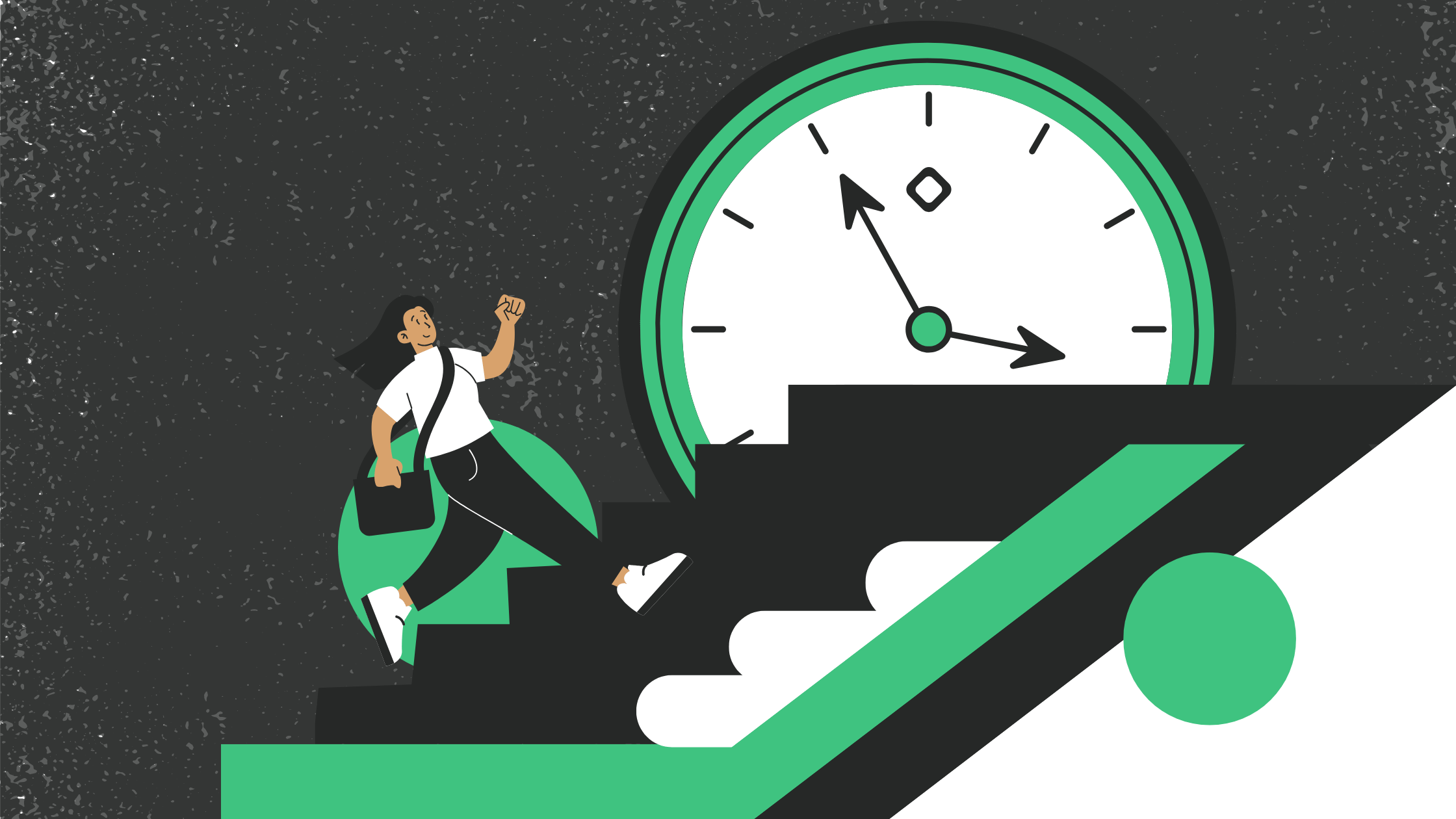The brainrot is real.
That the term “brainrot” was Oxford’s 2024 Word of the Year should tell us a lot about the attitude surrounding our shrinking attention spans. For those uninitiated with modern slang, brainrot references a kind of cognitive dullness resulting from the consumption of certain kinds of content online. Its symptoms can include difficulty focusing, issues with memory, reduced interest in and aptitude for critical thinking, and general mental fatigue.
Most researchers agree that we’re losing the ability to pay attention for longer periods of time. One study found that the average amount of time a person spends focused on a single screen has decreased from about two and a half minutes in 2004 to just 47 seconds in recent years.
Judging by the fact that this phenomenon has entered the slang dictionary, this is not news to most of us. We’re being flooded with new information at all times: shorter content, in the form of TikTok clips and Facebook news bites, now rules the Internet. Studies have also suggested that most of us engage with our phones hundreds of times a day, and often for only a few seconds at a time. Even movies and commercials tend to be shorter. No wonder we’re having a crisis of attention.
What we pay attention to determines how we experience being alive.
In her book The Writing Life, Annie Dillard writes:
“How we spend our days is of course how we spend our lives. What we do with this hour and that one is what we are doing.”
You’ve heard of entering a flow state - what psychologist Mihaly Csikszentmihalyi calls the optimal attentive state - when time seems to fly. Flow tends to happen when our skills are appropriately utilized. We feel engaged by a challenge but not frustrated by its difficulty. Researchers have shown that being in a prolonged state of flow can be good for our brains and bodies. It can give our lives purpose and even prevent episodes of depression and burnout.
When we find ourselves consistently interrupted or even just unable to pay attention, we’re prevented from experiencing this level of engagement. Dr. Gloria Mark, in Attention Span: A Groundbreaking Way to Restore Balance, Happiness, and Productivity, calls the kind of attention required for challenging, engaging activities “focused attention.” When we lack the mental resources to pay this kind of attention, we may prefer what she terms “rote activity” - scrolling through your Instagram feed, for example.
The result is often that hours may escape. We may end up resenting ourselves for the time wasted.
It doesn’t have to be this way.
Per Dr. Mark, the first step is to ensure that you have the mental resources to engage in activities that you find meaningful. That means getting enough sleep at night. It also means taking occasional breaks from work: step away from the screens, go for a walk in the sunshine, etc. When you return to your desk, your mind will be clearer.
The second step is setting yourself up for success, whatever that may look like for you. Set a task timer. Turn on your phone’s “reduce interruptions” setting. Grab some noise cancelling headphones. Set screen time limits.
Our brains are more flexible than most of us realize. Every time you re-focus on the present task, you’re doing a mental rep. You’re building a longer, stronger attention span each time you manage to resist the pull of distraction.
Like any skill, building up your attention span takes practice. You may not see instantaneous results. If you’ve found that you typically start to get distracted after 30 minutes, you might set a goal to focus for at least 45 minutes at a time. When you’re breezing through those 45 minutes, try increasing your goal time.
Building up your attention may take a while - it may challenge your patience. But every brain is unique. If building up your attention span is important to you, then your job is to respect yourself enough to keep after it.
Our attention is our most valuable resource.
Big tech companies have undoubtedly spent a lot of money and resources to attract just a fraction of our attention - which gives us all the more reason to guard it closely. Dr. Mark describes herself as an advocate of “right to disconnect” policies which aim to protect employees’ lives outside of work. In order to pay attention to the things that matter, we must at times consciously disconnect from the things that draw our attention away. Spending time away from work - emails, Slack messages, Zoom calls - allows us to return to it with a fresh set of mental resources in the morning. When we’re always connected, we never have a chance to recharge.
Reazy Text to Speech can help.
The web app features a clean viewing experience in addition to focus highlighting. Give it a try for free today.
Thanks to the American Psychological Association for providing some of the information in this post.

